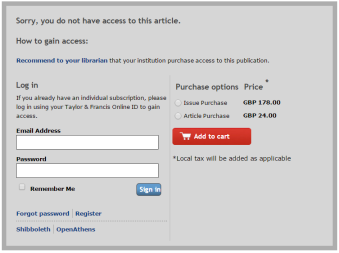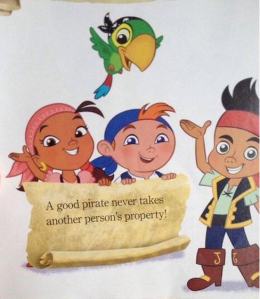
My Comment on Anna’s Post…
I’ve been having much trouble trying to get WordPress to accept this whole comment on Anna’s Blog post (https://annakentmuller.wordpress.com/2014/12/07/spotify-decreasing-piracy-of-diminishing-the-music-industry/). So, here it is in its entirety in case we cannot get it to work by the end of the day:
Hi Anna,
I love that you’ve raised the topic of Spotify, but I’m afraid I’m going to have to disagree with your conclusions.
Continue reading →



















